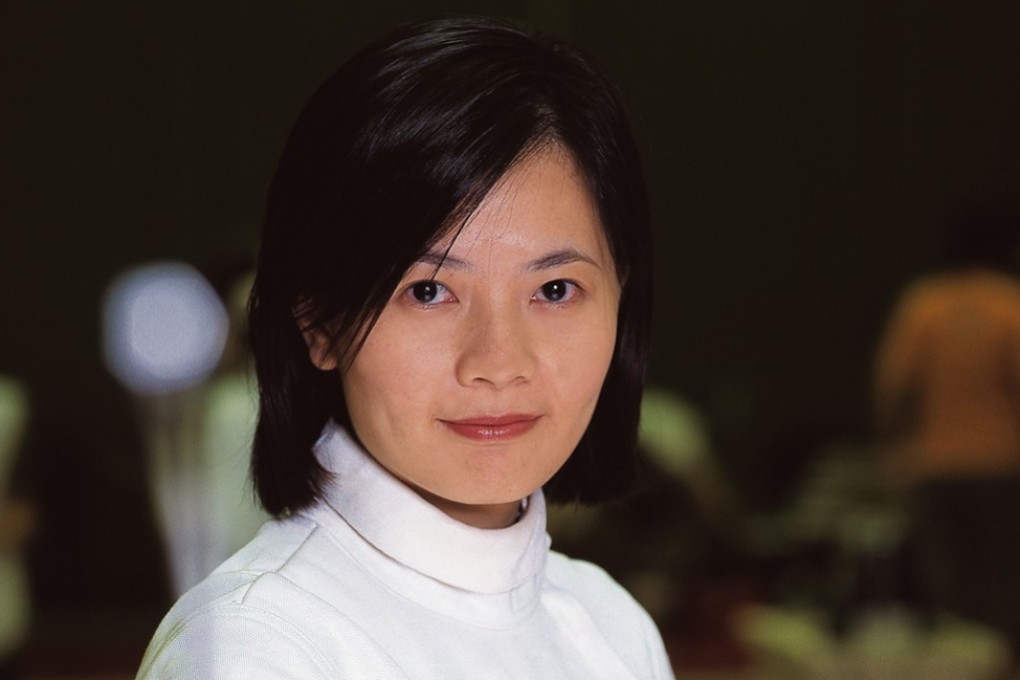Sars-surviving ex-Hong Kong fencer Maria Chan says she’s no role model: ‘Don’t do what I did 17 years ago’
- 46-year-old Maria Chan was a resident at the infamous Amoy Gardens during the 2003 Sars outbreak, spending five days in ICU
- She is praised by Hong Kong No 1 Vivian Kong as she tells Hong Kong people to stay home, wash their hands and wear a mask

Chan has been praised by Hong Kong’s world No 8 épée star Vivian Kong Man-wai for social media posts advising Hong Kong people to wash their hands and avoid public places to minimise the risk of infection.
But the 46-year-old former Asian Games athlete – who in 2003 was a resident at the infamous Amoy Gardens estate in Kowloon where 42 people died from Sars (severe acute respiratory syndrome) with 329 infected – said she was not a good example of how to behave during a health crisis.
“It was kind words by Vivian but I really don’t consider myself a hero nor a role model,” Chan told the SCMP. “In fact, I would advise people to do exactly the opposite of what I did back then.
“I was careless, I didn’t wear a mask, I was going to shopping malls where there were crowds. I thought only people who were sick wore masks and I didn’t have any at home and didn’t have any hand sanitisers.”